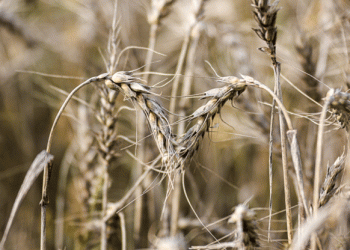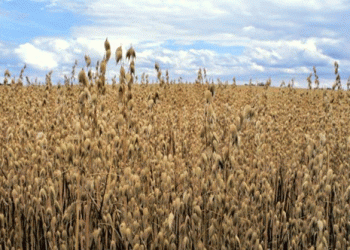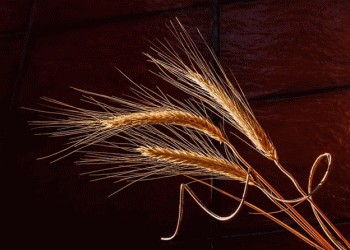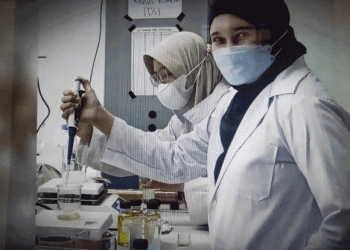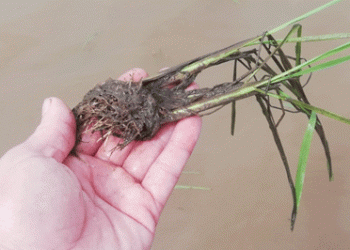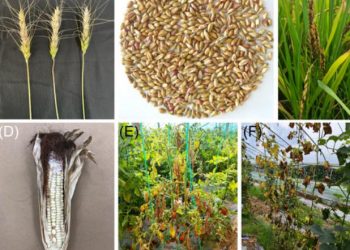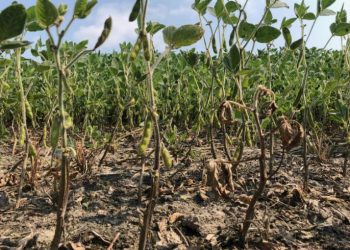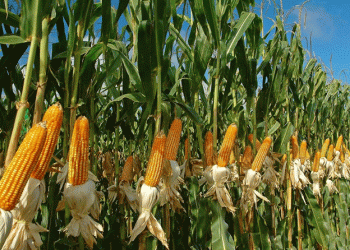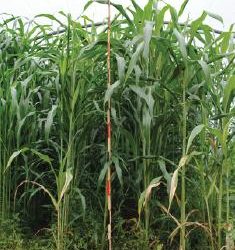Science
You can add some category description here.
Revolutionizing Wheat Research: New Imaging Technology Streamlines Spike Analysis
The world of agriculture is continually evolving, and recent advancements in digital technology are paving the way for more precise...
Read moreNew EU Mycotoxin Limits: What Farmers and Agronomists Need to Know for the 2024 Harvest Season
Mycotoxins, including DON (deoxynivalenol), T-2, and HT-2 toxins, are toxic compounds produced by certain fungi that can contaminate cereals. These...
Read moreSecrets of Barley’s Evolution in a 95-Year-Old Experiment
Long-Term Experiment Unveils Barley’s Adaptive Evolution Researchers at the University of California-Riverside have uncovered how barley, a major agricultural crop,...
Read moreRevolutionizing Local Ingredients: BRIN’s Extrusion Technology for Rice and Wheat Substitution
Revolutionizing Local Ingredients: BRIN's Extrusion Technology for Rice and Wheat Substitution In response to Indonesia’s growing dependence on imported rice...
Read moreExpert Tips on Saving Northern Vietnam’s Rice Crops After Prolonged Flooding
Strategies for Saving Flooded Rice Crops in Northern Vietnam Northern Vietnam has recently experienced heavy rains, leading to severe flooding...
Read moreFusarium mycotoxins: the major food contaminants
Mycotoxins, which are secondary metabolites produced by toxicogenic fungi, are natural food toxins that cause acute and chronic adverse reactions...
Read moreFuture of durum wheat research and breeding
Durum wheat (Triticum turgidum ssp. durum) is an important food crop with a global production of over 33 million metric...
Read moreResistance to Phytophthora sojae: a main tool of control of this disease
Soybean (Glycine max) seeds provide protein and oil for animal feed and human consumption. Soybean is the fourth largest field...
Read moreMaximizing Corn Silage Quality: Disease Management and Fungicide Applications
The Critical Role of Disease Management in Corn Silage Quality As the tasseling stage approaches, corn disease scouting and management...
Read moreDhurrin content and biomass yield in sorghum hybrids throughout plant growth cycle
In recent years, the use of sorghum (Sorghum bicolor) in crop rotation as a green manure to decrease nematode infestation...
Read more

